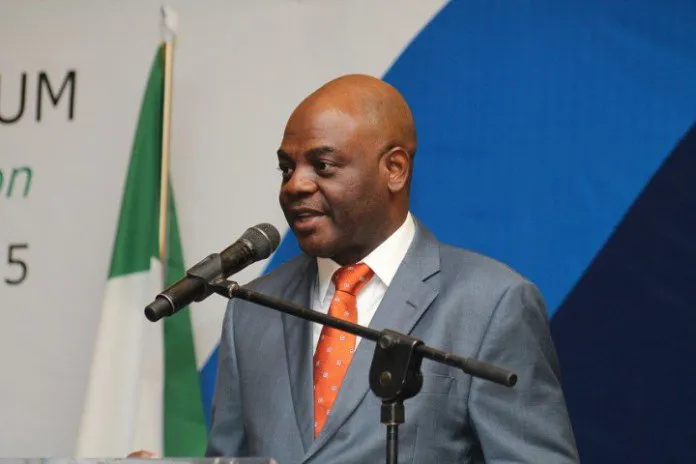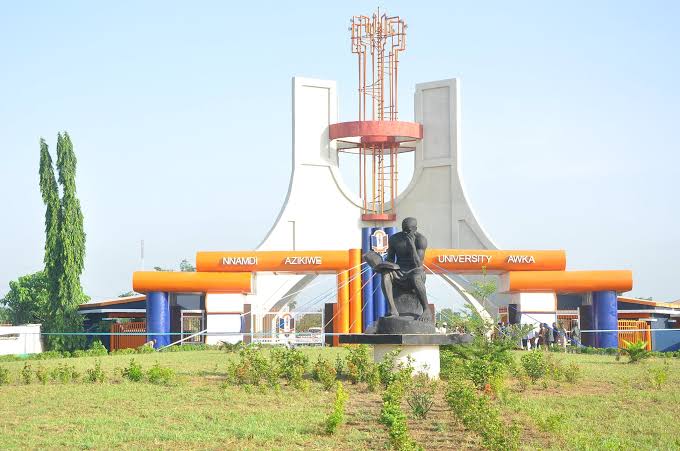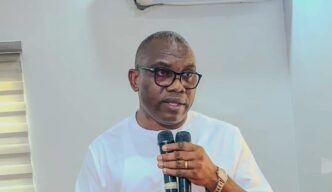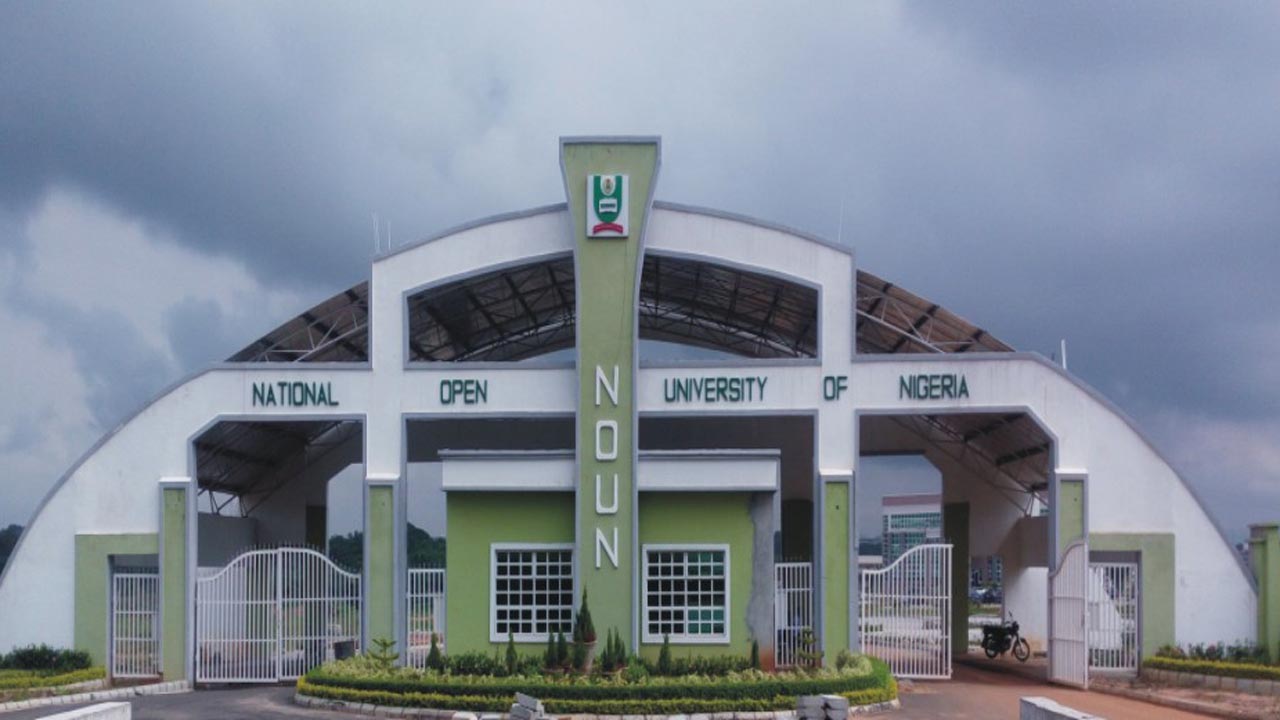The Tertiary Education Trust Fund (TETFund) says it is introducing a special intervention in medical simulation and innovation under its 2025 intervention.
Aminu Masari, chairman of the TETFund board of trustees, announced the development while inaugurating the ad hoc committee on medical simulation and innovation special intervention in Abuja on Tuesday.
Wale Sulaiman, a world-renowned neurosurgeon, is the chairman of the committee.
Members of the committee are Enoch Uche, Kabir Mustapha, Hadiza Galandanci, Lawrence Appah, Babagana Bako, and Femi Owagbemi, who will serve as the secretary.
Advertisement
Masari said the move, as part of the fund’s commitment to support the government’s efforts to transform Nigeria’s healthcare system, would, among other things, address patient safety and quality of care.
He said medical training and research are critical to the sustenance of any society.
“Accordingly, considering the state of our public healthcare system, investment in healthcare innovation is urgently needed in Nigeria’s healthcare system to leapfrog to world-class medical practice,” he said.
Advertisement
“Thus, two areas of healthcare innovation would make the biggest impact, namely medical simulation and digital health (telemedicine and remote patient care).
“Investment in these two critical areas of medical innovation simultaneously is essential for maximum benefits.
“Simulation-based learning is a state-of-the-art approach to the education and training of healthcare personnel across all fields of medicine.
“It offers a unique opportunity to create realistic scenarios where healthcare professionals can practice their skills in a safe and controlled environment.”
Advertisement
Masari said medical simulation would address patient safety and quality of care and reduce unsafe practices that could lead to serious morbidities or mortality.
“Digital healthcare (telemedicine and remote patient care) would significantly improve access to medical care by Nigerians using digital platforms that allow medical practitioners to examine and treat patients at any distance,” Masari said.
“Improvements in Wi-Fi technology and data penetration would enable these efforts. Patients in remote areas and small cities can be reviewed by experienced medical experts from anywhere in Nigeria, and in fact, the entire world.”
Advertisement
Add a comment










